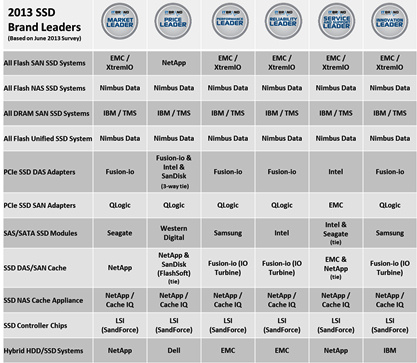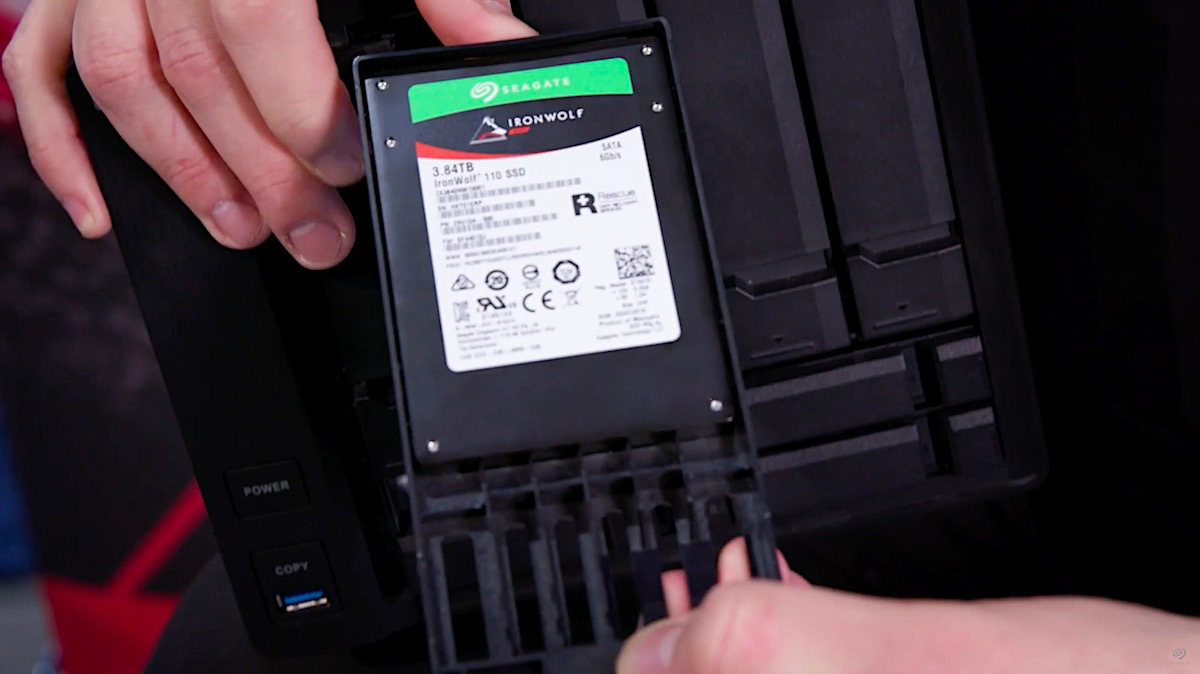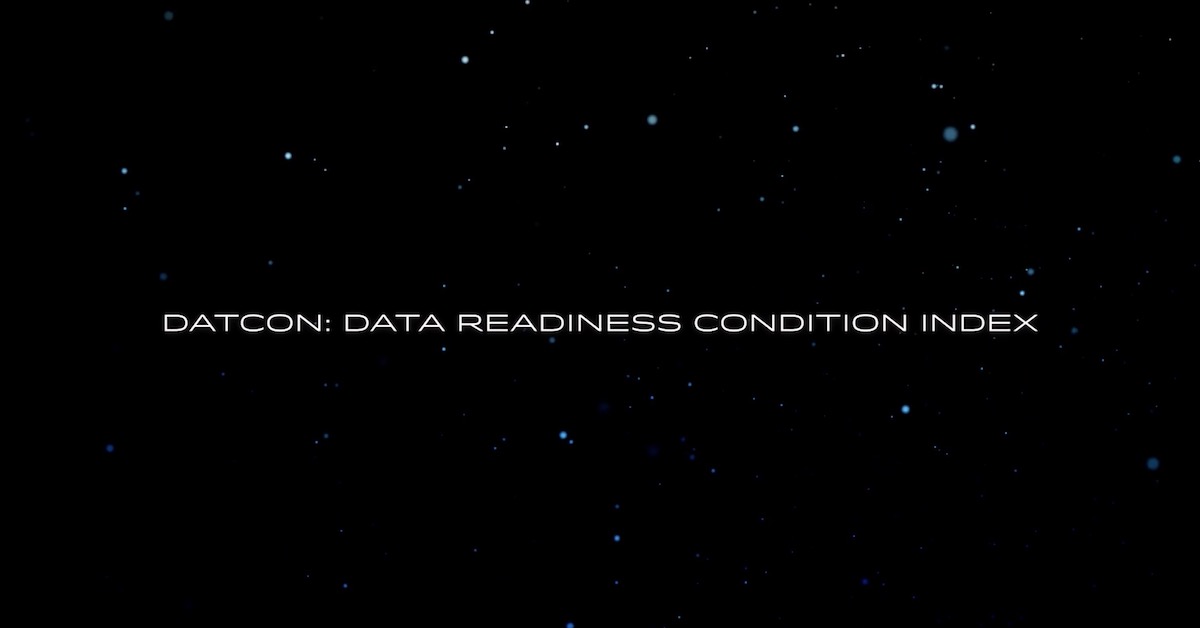I found the latest IT Brand Pulse 2013 SSD brand survey results very interesting. Whenever these surveys come out, being a Seagate guy, I always scan for the Seagate name (Storage Newsletter posted a great summary of the survey results). Needless to say, I was both excited and, quite honestly, a bit surprised to see Seagate recognized as the SATA/SAS SSD Module Market Leader.
My surprise lies in the fact that we just recently launched our full-fledged onslaught on the SSD space. Sure, we entered the market with the fist Pulsar drive in 2010, then backed that up with launches of the Pulsar.2 and Pulsar XT drives in 2011 having relative success with these products, but given the embryonic state of SSD demand at the time, not the widespread volume we are used to on the hard disk drive (HDD) side of the business.
Perhaps it was perceived time-to-market, price, or feature-related factors (or most likely a combination of the three) that led a few analysts and pundits to wonder if or when Seagate would drive a stake as a serious SSD player. But times have seriously changed. In the past year, Seagate built an SSD-focused team of product managers, developers, engineers, salespeople, and marketers. A team focused on being a true innovator and leader in the SSD space. The plans got more visible this past May in our announcement, “Seagate Delivers On Solid State Strategy: Unveils Complete SSD Product Line.”
So, have these moves already driven Seagate to the top in the minds of IT Professionals and Executives as the “Market Leader” in SSDs? Could the unveiling of such a broad portfolio of flash products have such an immediate impact? I am sure it helped in terms of the timing, but what I truly believe puts Seagate at the top of this list is not entirely rooted in our flash efforts of the past 3 years. Instead, it’s rooted in our enterprise storage efforts of the past 30 years.
Begging the question, when it comes to being a “market leader,” how much does reputation play in the minds of the customers? I believe it means a lot more than one might realize.
How much does history and reputation play into your brand preferences?









Not much. As long as reviews and stress tests show good reliability and it has stellar performance, decent price, people will buy it. Sandforce hasn’t been around for that long has it, but it is very successful and bought by LSI Logic